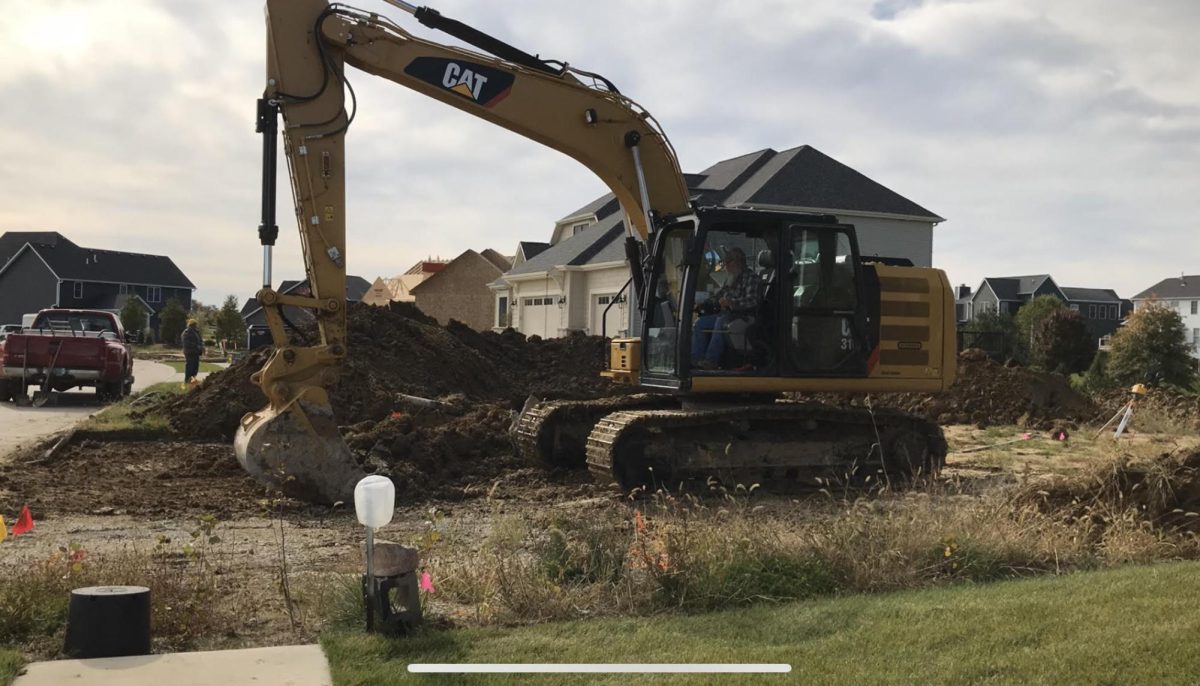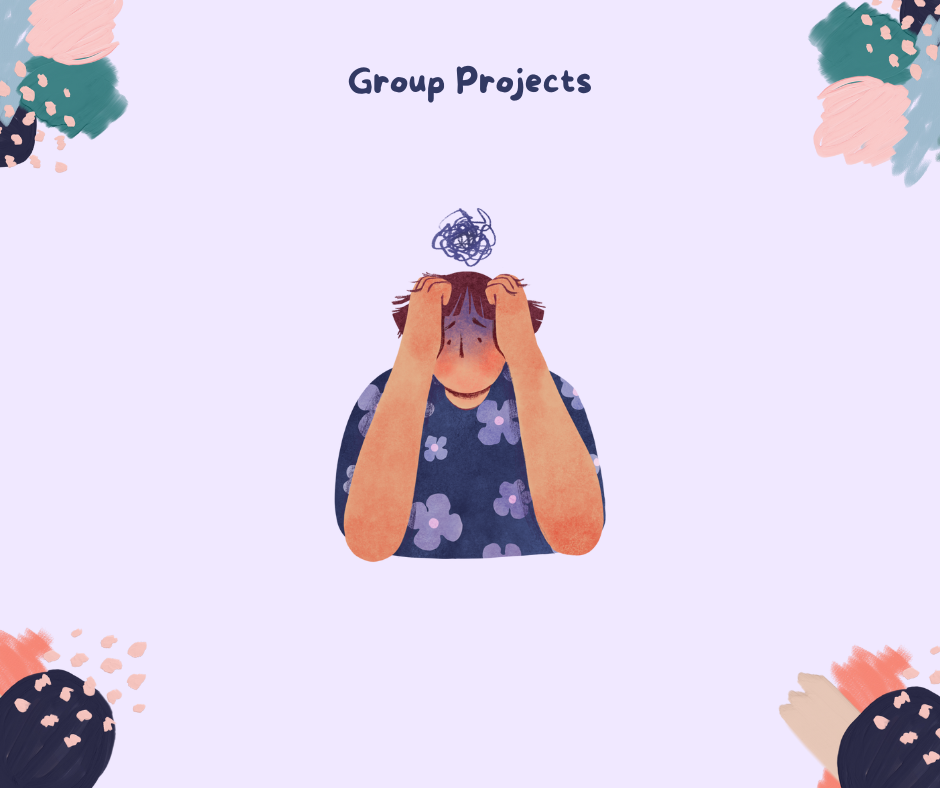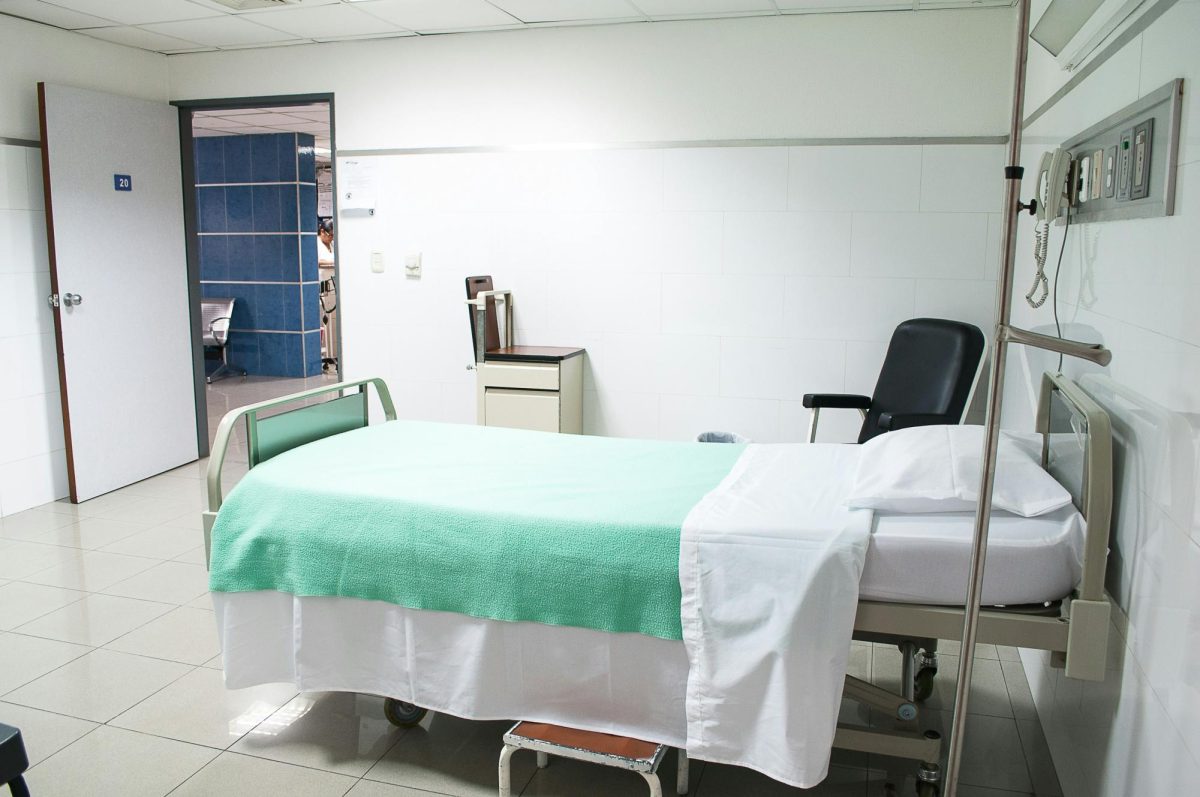Many Americans dismiss the severity of their choice of offensive language by claiming the right to freedom of speech. However, teens are often unaware of the effects of their words. The First Amendment to the United States Constitution allows this article to be possible and Americans to talk freely because the U.S. Constitution states, “Congress shall make no law respecting an establishment of religion, or prohibiting the free exercise thereof; or abridging the freedom of speech, or of the press…” Although we are free to share our opinions openly in the United States, there are limits.
Legally, there are certain limitations to the words that are spoken by an individual. Everyone knows they can’t yell the word ‘fire’ in a public place if no fire is present. This is merely to protect people. Likewise, the Miranda Rights are used so that evidence based on one’s words can be used in court as proof because of the limited rights the person has while in custody of the police. It is important for teens to be careful of the things they say, but not only when dealing with the police. It’s not only some words are deemed “bad,” but some words are prohibited from use if used inappropriately.
The words in which one uses have an effect on the way that person is viewed by others. Many things that may not seem to be harsh may be extremely offensive to others. In order to refrain from possible discrimination and bullying, it is beneficial to speak kindly to others and useless profane words. Stated best by bullyingstatistcs.org, “Words have a power all their own, and the realities of verbal bullying can have very physical consequences, even if the aggressor never lays a finger on the victim.”
Another problem teenagers face with profanity is in the workplace. As teenagers begin to acquire jobs, it is very important for them to evaluate what is appropriate to say in order to stay out of trouble, whether it be by a boss or legally. “However, no matter what your supervisor says or the handbook outlines, you must be aware that the words you choose to use, profane or otherwise, can be misinterpreted as sexual harassment, bullying or racial or religious discrimination,” stated by women.thenest.com. Verbal harassment is a form of harassment, therefore it’s crucial for students to watch what they say to others in order to keep from bullying and sexually harassing others.
Although having the freedom of speech is a privilege in the United States, it does not overpower the act of harassing one another. It is always the choice of a person to use profanity, but it can sometimes be at a cost. When in doubt, leave the profanity out.







